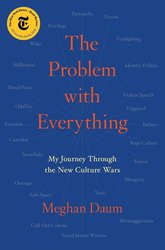How can Darcy and Elizabeth overcome 200 years of differences in this era-spanning love story? The Darcy family has grudgingly kept the secret about the power contained within a nearby stone circle called Nine Ladies. Fitzwilliam Darcy is forced to contend with this secret when a young woman from the future appears at Pemberley. Until the opinionated stranger can return to when she belongs, Darcy is responsible not only for her safety, but also for ensuring that nothing she does threatens Pemberley’s well-being. Elizabeth Bennet has returned to England to take care of her estranged father, and her life was off track long before she walked into that stone circle at sunset. She quickly discovers that, as a poor and single woman, she’ll have to rely on the arrogant Mr. Darcy. She tries her best to survive in the nineteenth-century until she can return home but, as she and Darcy grow closer, the truth she knows about his and Pemberley’s bleak future becomes harder to keep. Will their love prove timeless as centuries and cultures collide in this time travel Pride and Prejudice variation?





